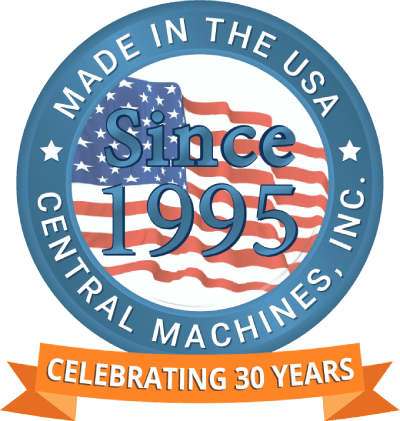The Art of Engineering: Automated Equipment Manufacturing Trends
Automated equipment manufacturing uses advanced machinery and software to perform production tasks with minimal human intervention. This cutting-edge technology is revolutionizing modern industry by enhancing efficiency, precision, and productivity. As automation advances, it becomes increasingly vital for businesses to stay ahead of trends to maintain a competitive advantage.
This article explores the trends and advancements in automated equipment manufacturing, examining the intersection of engineering and technology with industry demands. We will also discuss how these elements drive innovation and respond to evolving market needs, highlighting key developments and prospects.
1. Artificial Intelligence (AI) and Machine Learning (ML)
AI and ML revolutionize automated equipment manufacturing through predictive maintenance and real-time quality control. AI algorithms analyze vast amounts of data to predict equipment failures, reducing downtime and increasing operational efficiency.
Additionally, ML models enhance quality control with their ability to identify defects during production, ensuring consistent product quality and minimizing waste. These technologies continually develop to tackle more complex tasks and adapt to new manufacturing challenges, exploring advanced predictive analytics and AI-driven process optimizations.
2. Industrial Internet of Things (IIoT)
The IIoT transforms factories into smart, connected environments. It enables real-time monitoring and data analysis through integrating sensors and cloud computing, which optimizes production processes. This connectivity facilitates better decision-making, improved efficiency, and a more responsive manufacturing ecosystem.
As IIoT technology advances, it drives innovation by enabling more granular control over production and supply chains. Future developments will likely focus on enhancing compatibility and expanding the scope of automated systems.
3. Robotics and Automation
Robotics and automation are at the forefront of manufacturing advancements, with collaborative robots (cobots) working alongside humans to improve efficiency and safety. Advanced robotics are used for tasks requiring high speed and precision, such as electronics assembly and medical device manufacturing.
These innovations are streamlining operations and enhancing productivity across various industries. Robotics continues to progress, driving innovation as it becomes more flexible, capable of learning, and adaptable to different tasks. The future of robotics includes more intelligent and autonomous systems that can further integrate into complex manufacturing environments.
4. Additive Manufacturing (3D Printing)
Additive manufacturing, commonly known as 3D printing, is revolutionizing prototyping and production with the ability to create complex parts that traditional methods struggle to produce. It enables rapid prototyping and customization of products, meeting specific customer demands with minimal additional cost.
This technology is driving innovation through reduced lead times and material waste. Emerging trends include advancements in material science for 3D printing and broader adoption across different industries for mass customization and on-demand production.
5. Digital Twin Technology
Digital twin technology creates virtual replicas of physical systems, allowing for simulation, monitoring, and optimization. These digital models help predict performance and identify potential issues before they occur, which develops operational efficiency.
Moreover, digital twins drive innovation with detailed insights throughout the product lifecycle. Future developments encompass more accurate simulations and real-time data integration for continuous innovation.
6. Advanced Materials
Innovations in materials science are leading to the development of smart materials that change properties in response to environmental stimuli, improving product performance and longevity. Lightweight and high-strength materials are also being integrated into manufacturing processes, which enhances product efficiency and durability.
These advancements are crucial in driving innovation and upgrading new applications. Looking ahead, there is a significant focus on developing even more advanced materials to improve product performance and sustainability.
7. Cybersecurity
As manufacturing becomes more connected, protecting data and systems from cyber threats is increasingly important. Advanced cybersecurity measures are being integrated to safeguard intellectual property and operational data. This ensures the resilience of manufacturing operations against cyber attacks, protects sensitive information, and maintains continuous production.
As cybersecurity technology advances, it sets the stage for more advanced and adaptable defense mechanisms. The future of cybersecurity revolves around AI-driven systems that offer real-time threat detection and rapid response capabilities, ensuring robust protection against emerging cyber threats.
Choose Central Machines for Innovative and Reliable Automation Solutions!
Central Machines is your trusted partner for custom automation, testing, and inspection assembly equipment. From full engineering design to custom machine shop fabrication, we offer complete solutions tailored to your needs. Our automation equipment delivers both longevity and excellent repeatability due to our use of mechanical and servo-driven motion.
Contact us today or request a quote to learn how we can elevate your manufacturing process with our high-speed automation systems!

